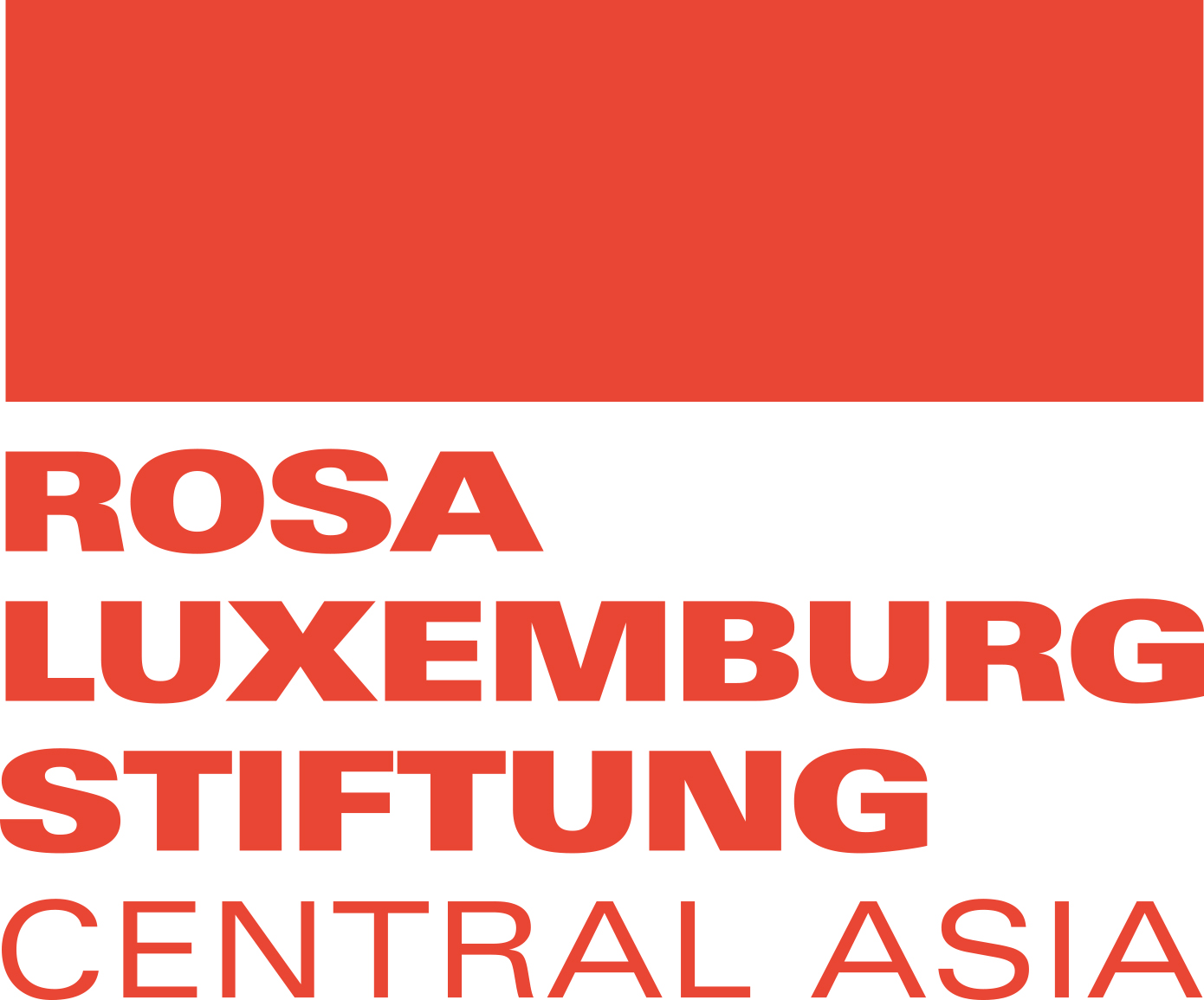July - October 2021
Risks and Opportunities of Direct Voting in Local Self-Governments (case study of 6 villages in Kazakhstan)
Kazakhstan
Public Foundation "Center for Social and Political Research "STRATEGIA"
Public Foundation "Center for Social and Political Research "STRATEGIA"

In Kazakhstan, the issue of reforming the system of local self-governance (LSG) has been relevant for a long period of time. The introduction of LSG within 2 years was included as an article in the 1995 Constitution of the RK. In 2001, experimental elections of rural akims were held in 28 rural districts on the basis of the indirect voting mechanism. In 2012, the Concept of Development of Local Self-Governance in the Republic of Kazakhstan was approved. In his 2020 Address, President Kasym-Jomart Tokayev again actualized the issue of electing heads of rural settlements, noting that "public opinion polls show an increased demand for the election of rural akims". According to the national plan of measures to implement the Address, it was planned to hold direct elections of akims of rural settlements, whose powers expire in 2021.
Centre "Strategia" implemented this research project in the context of the 2021 election campaign for the election of akims of rural settlements in Kazakhstan. In order to understand the opportunities and risks associated with holding elections at the local level by direct voting, the situation on the ground was analyzed using sociological methods.
Centre "Strategia" implemented this research project in the context of the 2021 election campaign for the election of akims of rural settlements in Kazakhstan. In order to understand the opportunities and risks associated with holding elections at the local level by direct voting, the situation on the ground was analyzed using sociological methods.
Project aim:
To study and comparatively analyze the conditions for the election of heads of local self-governments through direct elections.
Project objectives:
- To identify the level of awareness and political literacy of rural residents.
- To study the practices of social activity and involvement of rural residents.
- To identify the image of the future of villages and local communities in the perceptions of rural residents.
- To identify residents' satisfaction with the activities of village akims and their attitude to the existing local executive bodies.
- To identify perceptions of the role and functions of local self-government bodies; differences in the perception of the essence of local executive bodies and local self-government bodies.
- To identify attitudes to elections and peculiarities of electoral behavior in rural areas.
- To identify the expectations of rural residents from direct elections of village leaders.
Main project activities:
- Organization and conduct of expert interviews (5 consultations with experts);
- Conducting field research (questionnaire survey (1500 respondents), 6 focus group discussions, 18 interviews with opinion leaders in Aktobe, Turkestan and North Kazakhstan regions);
- Writing and publishing an analytical report in Russian and Kazakh languages;
- Organization of a public event on the results of the research (round table on October 28, 2021, Almaty, RLS office).
The project was implemented by the Public Foundation "Centre for Social and Political Studies "STRATEGIA" with the financial support of the RLS Representative Office in Central Asia.
More information about the project is available on the Russian-language page of the website.
More information about the project is available on the Russian-language page of the website.






